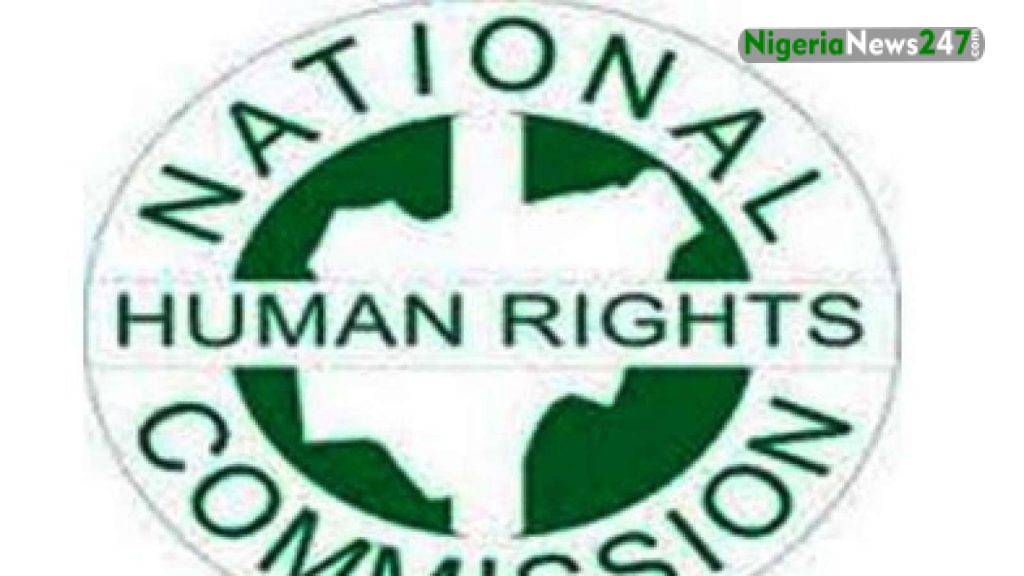NIGERIA NEWS
Human Rights Commission Issues Advisory to Nigerian Government, Security Agencies, and Protest Organizers

As the #EndBadGovernance protest begins nationwide today, Thursday, August 1, 2024, the National Human Rights Commission (NHRC) has issued an advisory to key stakeholders, including the Nigerian Government, security agencies, and the protest organizers.
NHRC Executive Secretary Tony Ojukwu, SAN, issued the advisory late Wednesday in Abuja, emphasizing the Commission’s mandate under Section 5, paragraphs (l), (m), and (o) of its enabling Act.
The “hunger protest,” scheduled to run from August 1 to August 10, continues despite efforts by President Bola Tinubu, governors, National Assembly leaders, security agency heads, and other influential Nigerians to halt it.
Activist and organizer Omoyele Sowore refuted claims on Wednesday that the protest had been called off.
There are concerns among Nigerians that the protest could be hijacked by hoodlums, leading to potential violence and chaos. There are also fears of clashes between protesters, security agents, and pro-government groups, who have already begun holding rallies against the protest.
In its advisory, the NHRC outlined steps for the government, security agencies, and organizers to ensure a peaceful demonstration.
The NHRC’s recommendations include:
Obligations of the Federal and State Governments:
– Uphold the Fundamental Human Rights and the Fundamental Objectives of State Policy as enshrined in the Nigerian Constitution.
– Facilitate peaceful assemblies by ensuring full protection for protest gatherings.
– Ensure protests are not disrupted by opposing groups, counter-demonstrators, or hostile entities.
– Prevent the use of deadly force in response to emerging violence from protesters or counter-protesters, and prioritize measures to preserve human life in line with international best practices.
Obligations of the Nigerian Police and Other Law Enforcement, Security, and Armed Forces:
– Adhere to the United Nations Code of Conduct for Law Enforcement Officials and the Basic Principles on the Use of Force and Firearms, using force only when strictly necessary and as a last resort.
– Avoid inflicting, instigating, or tolerating torture or cruel, inhuman, or degrading treatment.
– Respect the rights of protesters, including their right to assemble and express opinions peacefully.
– Protect traffic routes for all individuals to ensure freedom of movement.
– Safeguard public and private properties from potential damage by protesters or counter-protesters.
– Investigate any incidents of human rights violations during the protest promptly, impartially, and thoroughly.
Obligations of the Protest Leaders:
– Ensure the protest remains peaceful and refrain from provocative actions such as carrying arms, hate speech, attacking law enforcement, or looting.
– Maintain the legitimacy of the protest by avoiding violence and property destruction.
– Balance the right to protest with the protection of critical infrastructure and cooperate with law enforcement to ensure a peaceful demonstration and the apprehension of offenders.
The NHRC emphasized that through dialogue, respect for human rights, and adherence to the rule of law, grievances can be addressed while maintaining public order. The Commission called on all parties to avoid actions that could jeopardize public safety, damage private and public properties, or undermine Nigeria’s democracy.
Ojukwu announced that the NHRC will use its protective and promotional mandates to monitor all protests in Nigeria, ensuring that human rights principles are upheld by state and non-state actors.





















You must be logged in to post a comment Login